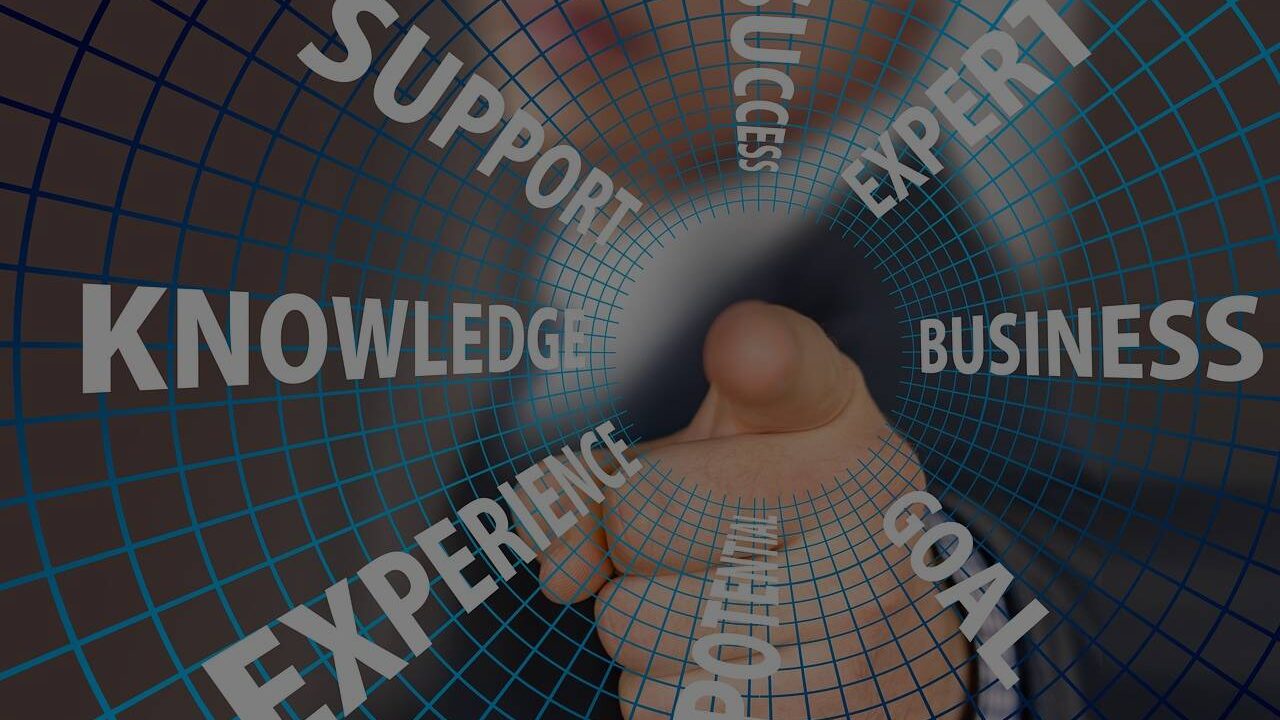
Have you ever found yourself in a situation where you just can’t seem to effectively communicate with a difficult personality? Whether it’s a co-worker who always seems to have a negative attitude or a friend who consistently misunderstands your intentions, mastering the art of effective communication with difficult personalities can be a game-changer in your personal and professional life.
As someone who has been writing about communication strategies for over a decade, I’ve seen it all when it comes to challenging interactions. And I’m here to share some of the most valuable strategies I’ve learned along the way.
First and foremost, it’s important to remember that communication is a two-way street. It’s not just about what you say, but also how you say it. When dealing with difficult personalities, it’s crucial to remain calm and collected, even in the face of frustration. Take a deep breath, listen actively, and respond thoughtfully. By approaching the conversation with a level head, you’ll be better equipped to navigate any potential conflicts.
Next, it’s essential to practice empathy. Put yourself in the other person’s shoes and try to understand where they’re coming from. Maybe they’re dealing with their own personal challenges or insecurities that are causing them to act out. By showing compassion and empathy, you can build a stronger connection and create a more positive environment for communication.
Additionally, setting clear boundaries is key when dealing with difficult personalities. Be assertive in expressing your needs and expectations, while also being open to compromise and finding common ground. Remember, communication is about finding a balance between assertiveness and empathy.
One of the most effective strategies for communicating with difficult personalities is to use “I” statements. Instead of placing blame or pointing fingers, focus on expressing your thoughts and feelings in a non-confrontational way. For example, instead of saying “You always interrupt me,” try saying “I feel frustrated when I’m interrupted.” This subtle shift in language can make a world of difference in how your message is received.
Lastly, don’t be afraid to seek outside help if needed. Sometimes, a mediator or professional counselor can provide valuable insights and help facilitate a productive conversation. Remember, it’s okay to ask for support when dealing with challenging communication situations.
In conclusion, mastering the art of effective communication with difficult personalities takes practice, patience, and a willingness to listen and empathize. By approaching challenging interactions with a level head, empathy, and assertiveness, you can build stronger connections and navigate conflicts with confidence.
And remember, for more communication tips and strategies, be sure to check out Vanturas.com, where we’re dedicated to helping you enhance your communication skills and achieve success in all areas of your life. Stay tuned for more insightful blogs and resources to help you on your journey to effective communication mastery.
Happy communicating!










